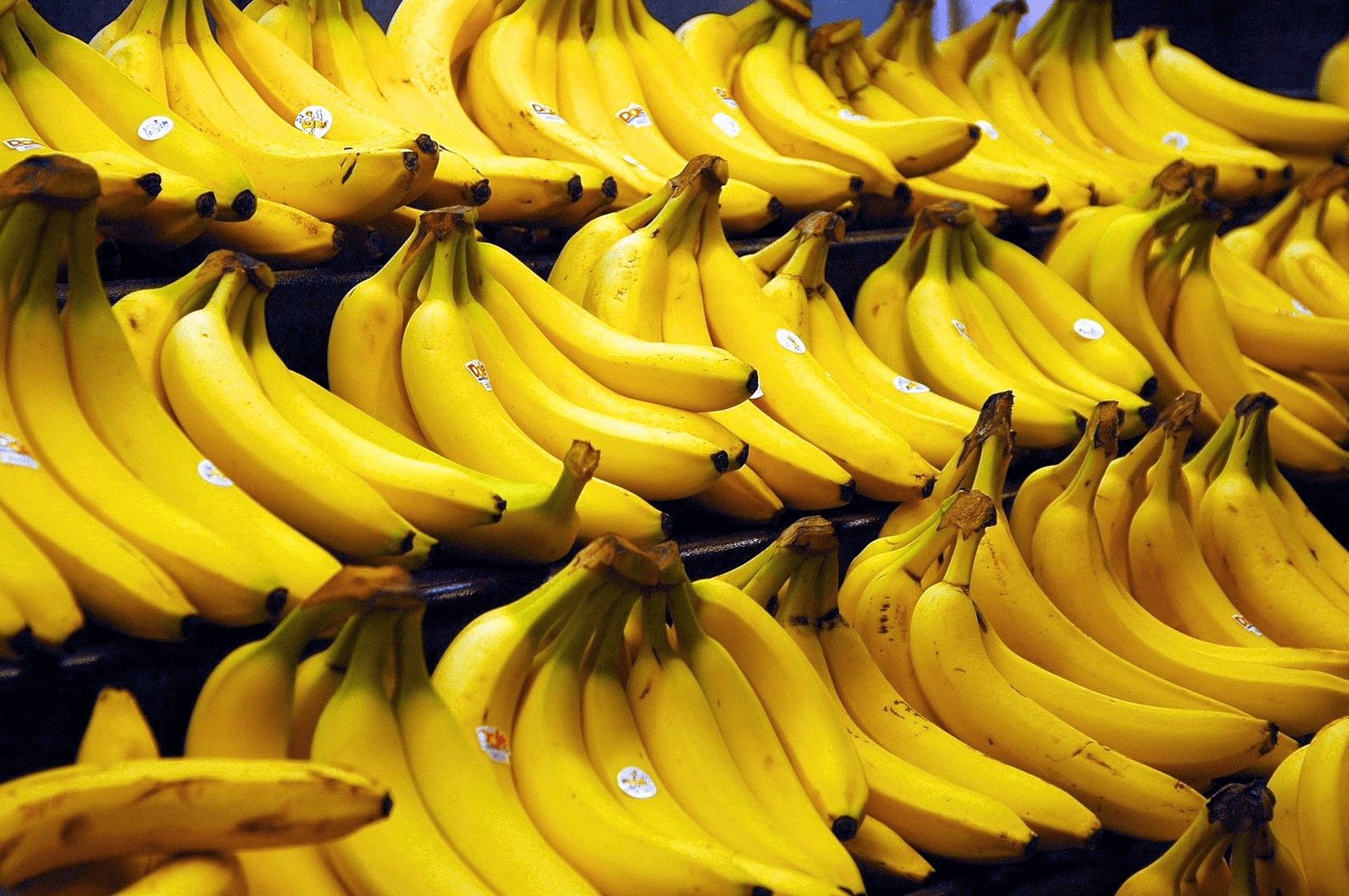Ecuador stands out in the global banana trade, exporting 95% of its production and accounting for 36% of the world’s exported bananas. Despite producing only 5% of the world’s bananas, Ecuador’s strategic export-oriented focus has made it indispensable, especially in markets like Europe, the United States, and China. Grupo Noboa, as the nation’s largest banana exporter, plays a central role in this dominance.
China’s demand for Ecuadorian bananas has surged, with exports increasing by 33% between 2022 and 2023. Despite high transportation costs, Ecuadorian bananas remain vital due to supply chain challenges faced by other exporters like Cambodia and the Philippines. Ecuador and China have sought to lower costs through initiatives such as:
- A 2023 free trade agreement eliminating tariffs on bananas over the next decade.
- Port upgrades in both countries, reducing shipping time and improving cold-chain infrastructure to ensure product quality.
- Chinese investments in Ecuadorian industrial production to add value to banana exports.
These developments underscore China’s Belt and Road Initiative’s role in fostering economic ties with Latin America, particularly through infrastructure projects like the Chancay port in Peru.
The United States has responded to China’s growing influence in Latin America by attempting to counter Belt and Road investments. Initiatives like the Americas Partnership for Economic Prosperity and limited funding for port upgrades signal U.S. efforts to reassert economic influence. However, the scale of Chinese investments dwarfs these efforts, raising questions about their effectiveness.
In a move that reflects broader geopolitical tensions, Ecuador under President Daniel Noboa granted the U.S. military access to the Galapagos Islands for surveillance purposes, balancing its trade ties with China while maintaining security ties with the United States.
While Ecuador’s political spotlight has shifted to President Daniel Noboa, the family’s legacy is inseparable from its economic empire. Their dominance in the banana industry has been marred by allegations of exploitative labor practices. The 2002 strike at the Los Álamos plantation exposed serious human rights abuses under Álvaro Noboa’s leadership, highlighting the dark side of the family’s wealth and influence.
Ecuador’s dual alignment—economically with China and militarily with the U.S.—reflects its strategic balancing act amid competing global powers. The Noboa family’s story intertwines with this broader narrative, emblematic of the complexities of wealth, power, and global trade in a small but geopolitically significant nation.






To whom it may concern: The US presence in Ecuadorian Galapagos is extremely important. Ecuadorian soil and maritime sovereignty has been threatened not only by the Drug Cartel but also by Chinese Ships 🚢 that violate international treaties and have come into the latin American ocean and fish 🐟 with out any respect to the sovereignty of these oceans. China’s fishing is indiscriminately violating the delicate balance of our oceans 🌊 list of at risk species such as dolphins, whales, and other marine species that are endangered, threatened by these fishing ships. China’s investment in Latin America is a double edged sword! As it promotes their own economic interests not the benefit of the countries such as Ecuador 🇪🇨 Peru 🇵🇪 and other nations that have been involved with China 🇨🇳 in any form of economic treaty or trade agreement- investment. Here is a vivid example of how China’s industrial infrastructure has affected Ecuador 🇪🇨: China 🇨🇳 built various hydroelectric projects in Ecuador 🇪🇨. They were poorly designed, incomplete and they lasted less than 3 or 4 years. China’s infrastructure, in Ecuador 🇪🇨 and in other Latin American countries is noticeably of low quality, but very costly and expensive to maintain, repair and many times becomes obsolete. It is also sad to add that these projects are also tremendous inflated $ financially for the benefit no only for China 🇨🇳 but for the politicians in power who have become very rich as they keep in their pockets millions of dollars as a result of huge gains. Ecuadorian investment in Chinese technology such as Hydroelectric projects, roads built by china in Ecuador, Mines run by China 🇨🇳 in Ecuador, Fishing Treaties and so forth and so on often affects The poor people of Ecuador who now have been affected by these poorly built, poorly maintained projects causing interruptions in Electricity, roads and infrastructure that is now falling apart.
Noboa family banana empire, with slaves in his plantations!! Actually drugs dillers with USA knowledge!!